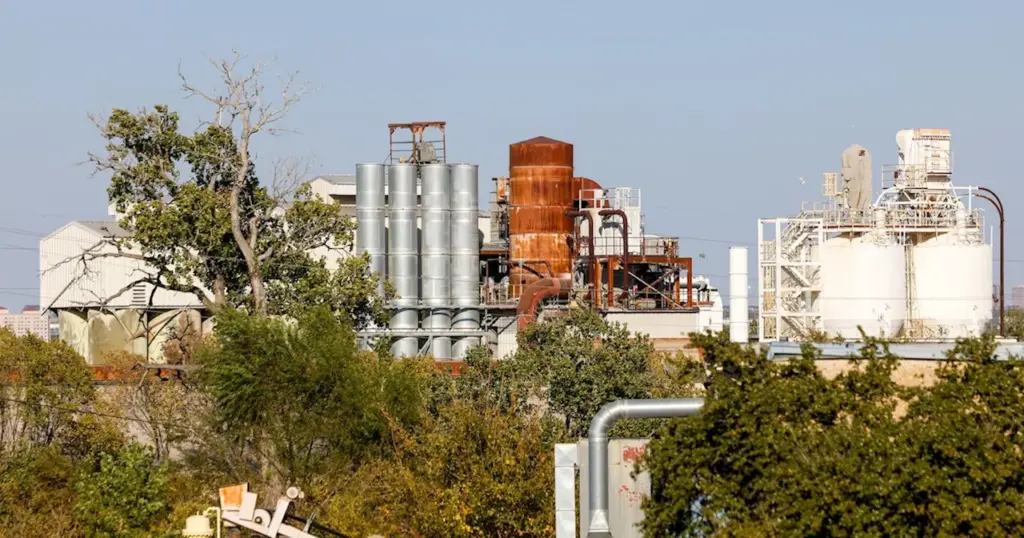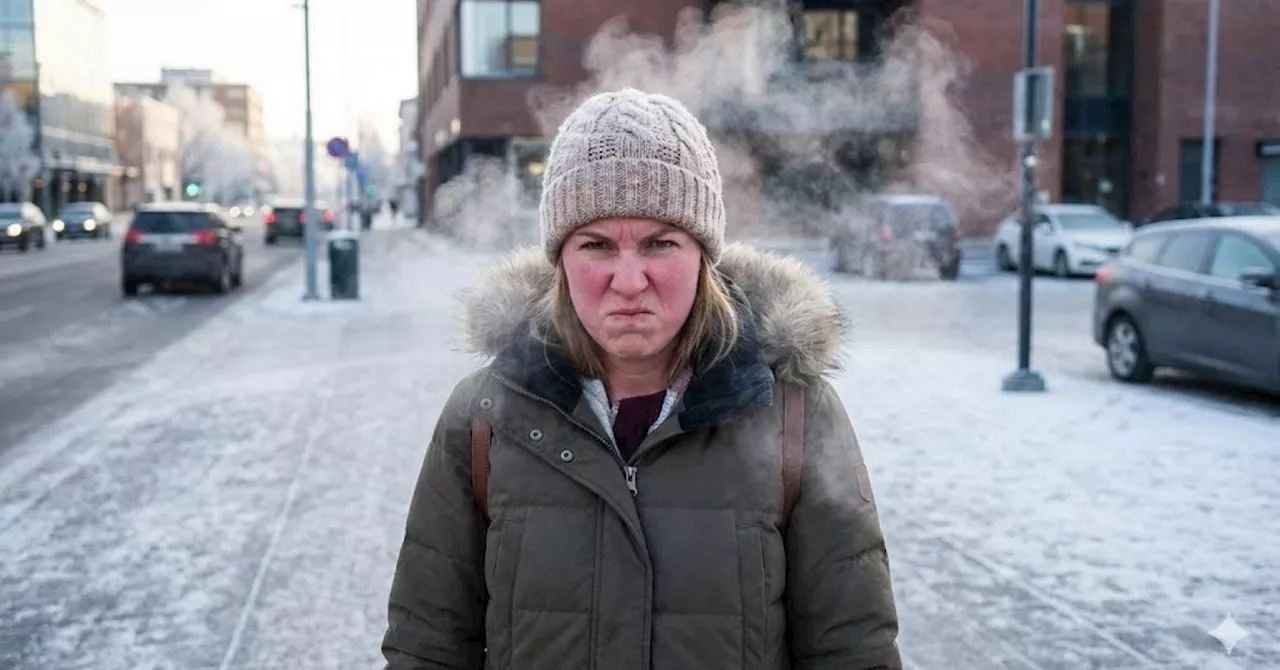
Residents along Singleton Boulevard in West Dallas are advocating for significant changes to local zoning laws to limit industrial facilities in their neighborhoods. Their push aims to reduce heavy industrial usage, prevent displacement, and maintain the character of communities predominantly inhabited by Latino and Black residents. Following community pressure, in late 2022, Deborah Carpenter, the City Plan Commissioner for District 6, requested that the commission address land uses that conflict with the needs of local residents.
The city has initiated a zoning case that will now proceed through a series of community meetings to gather public input. This process will culminate in recommendations for the City Plan Commission and the City Council to consider. Local residents have expressed long-standing concerns about the proximity of industrial facilities to their homes.
Janie Cisneros, leader of the community organization Singleton United/Unidos, has been at the forefront of this movement for over five years. Her campaign has focused on closing GAF, a roofing materials company that has operated at 2600 Singleton Blvd. for nearly 80 years. Despite GAF’s announcement that it plans to close in July 2029, nearby residents are advocating for its removal sooner.
Rezoning the Singleton corridor aligns with ForwardDallas, the city’s updated land-use plan adopted in 2024. This plan reimagines the corridor, shifting its designation from industrial to areas intended for residential use, “commercial flex,” and neighborhood businesses. “This area has always been industrial,” Cisneros remarked. “But the land-use changes that were adopted are already a huge win. The vision is no longer industrial.”
In a statement, GAF highlighted its role as a local employer with over 160 employees and a commitment to safety and environmental compliance. The company expressed support for future repurposing of its land in accordance with the city’s vision for West Dallas.
The area proposed for rezoning encompasses approximately 256 acres, bordered by Singleton Boulevard to the north, Borger Street/Burton Drive to the east, the Union Pacific Railway to the south, and Westmoreland Road to the west. It is home to a diverse mix of businesses, including auto-repair shops, restaurants, towing services, and landscaping operations. Key institutions like the Thomas A. Edison Middle Learning Center, St. Mary of Carmel Church and School, and the West Dallas Multipurpose Center are also located within this zone.
For many, including Cisneros, the upcoming hearings represent progress toward stabilizing a neighborhood where residential areas coexist with long-established industrial businesses. These authorized hearings are part of a city-initiated rezoning process designed to review existing zoning and determine necessary changes to align with long-term planning goals.
The Planning and Development Department indicated that the entire process, from the first community meeting to City Council consideration, typically spans between six months and two years. A minimum of three meetings is mandated, but due to the area’s diverse and complex land use issues, additional meetings may be necessary.
Cisneros noted that the community initially requested rezoning in 2022 to facilitate the rebuilding of aging or damaged homes and to prevent further displacement. Residents mobilized support by gathering signatures from property owners and delivering them directly to City Hall.
“We asked the city to rezone all of our single-family homes to residential,” she stated. “We can’t get home loans, and we can’t rebuild if a house gets demolished. Families have been pushed out because of that.”
Instead of addressing the request immediately, city staff opted for the broader authorized hearing. Cisneros speculated that this decision might have been an attempt to demonstrate progress while delaying substantive action.
District 6 council member Laura Cadena, whose district includes the Singleton Boulevard corridor, did not respond to multiple requests for comment regarding the ongoing situation.
The delayed start of the Singleton corridor hearing mirrors patterns observed in other Dallas neighborhoods where residents have sought to alter longstanding industrial zoning. For instance, residents spent six years advocating for zoning changes related to the site of the illegal Shingle Mountain, a massive accumulation of roofing debris. The City Council ultimately approved the rezoning in February 2023, following numerous planning and community meetings, although residents felt the decision was long overdue.
In another instance in West Oak Cliff, despite significant resident opposition fearing displacement, the City Council approved rezoning the Hampton-Clarendon corridor from commercial to a mixed-use development in August 2025 after extensive debate. These cases highlight the complexities and prolonged timelines often associated with zoning changes.
Recent changes in state law have complicated efforts for cities to mandate the closure of polluting businesses. Previously, Dallas officials utilized a process called amortization to phase out incompatible industrial uses, but restrictions imposed by state lawmakers in 2024 have limited this tool. While zoning rules may adapt for future developments, existing businesses can continue operations as long as they comply with local and state regulations.
City staff clarified that the authorized hearing will not dictate whether a facility must close; rather, it will assess potential alternatives if the facility were to vacate the premises. Following a recent meeting, a subsequent community gathering is scheduled, where city staff will present feedback and zoning recommendations for the area.
“We’re looking forward to the process,” Cisneros said. “We already have a community-led vision approved in ForwardDallas. At this point, we’re just asking the city to align the zoning with what’s already there.”






